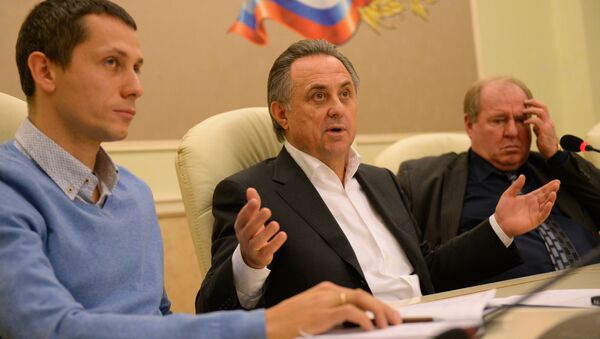In 2015, WADA presented a report, accusing Russia of numerous breaches of global anti-doping regulations and recommended the country be banned from international athletics competitions, which then led to the ARAF suspension from the IAAF. In March, a number of prominent Russian athletes were tested positive for meldonium, medicine added to the list of banned substances on January 1, 2016 by WADA. On Friday, IAAF officially announced the decision to uphold a ban on the Russian Athletics Federation's membership in the association.
"We have fulfilled all the criteria proposed by the IAAF…. we have made changes in the selection criteria for the Olympic Games, which offered not to include athletes with doping stories, we are open for a serious strategic partnership with the International [Association of Athletics] Federations and the WADA, but it appeared not to be enough for IAAF, "the sports body said in a press release.
Following the IAAF decision, the Russian Sport Ministry expressed its extreme disappointment. ARAF Secretary General Mikhail Butov said he was considering appealing the decision.
Russian President Vladimir Putin said that it was unfair to ban all Russian athletes from participating in Rio Games, adding that he hoped to find a solution to the problem.




